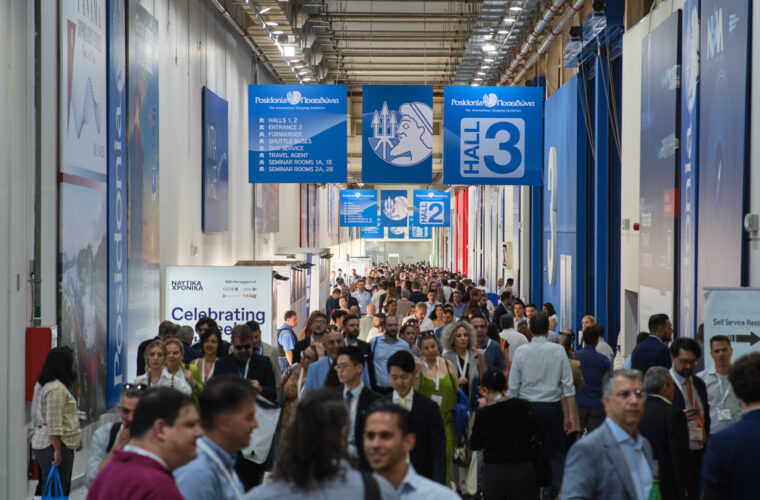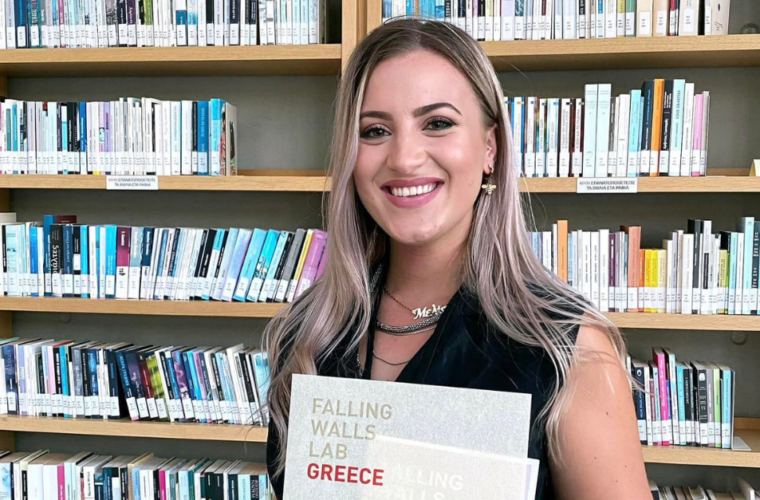AI & Food Waste: What if customers adopted a different shopping strategy thanks to dynamic pricing brought about by artificial intelligence? Most of the time, customers look for an expiry date that’s far ahead in the future and they toss aside products that would expire soon even if they would use this product for the next day’s lunch. However, this can drastically change if all supermarkets adopt dynamic pricing and would motivate customers to be smarter. In case they plan to use the product soon enough, they could look for closer expiry dates and pay less at the cashier. Although, when they need to store the product and prefer a later expiry date, they ought to pay the original, higher price.
The solution could bring about a drastic reduction in food waste. Israeli tech entrepreneur, Oded Omer founded Wasteless in 2017. He earned an engineering degree from Tel Aviv University and an MBA from the Holon Institute of Technology. Also, he has been eager to make the world a better place by focusing on waste reduction and on mitigating climate change. Wasteless offers a solution to reduce food waste by dynamically pricing items with a shorter expiration date at their optimal price point. The company has offices in New York, Tel Aviv, London and Amsterdam, and they have operations across Europe and the USA.

AI & Food Waste
What may come as a surprise to many is that the carbon footprint of food waste is greater than that of the airline industry. According to the Guardian, approximately 45% of all fruits and vegetables, 35% of fish and seafood, 30% of cereals, and 20% of meat and dairy products are wasted by suppliers, retailers, and consumers. There are now certain food recovery programs, but we still all have to work together on solving this impactful yet manageable problem. What if technology could significantly reduce food waste? Using artificial intelligence (AI), that number could rise as high as 80%.


The software which Wasteless relies on automatically updates electronic shelf labels (ESLs) so that the price is adjusted based on the expiration date of the product. With the help of deep AI, it gradually decreases as the expiration date approaches. Of course, the system is best for products such as meat, fish, dairy, prepared salads and fresh produce but it is extremely efficient in reducing food waste. According to the founder, two-thirds of consumers will choose a product with a shorter expiration date if it is cheaper than a more expensive one with a longer expiration date.
Deep Learning
Deep learning, which is a type of AI, is key here: it can recognize if the products are being sold or not. If a product has a slightly discounted price but customers are not taking it, it will automatically decrease the price further until the product starts moving. It will also learn from the history of the product sales, so in the future, similar decisions can be made quicker and smoother.
ESL displays both the original price and the discounted price as well. Customers can learn how much they are saving by opting for the product with a closer expiry date. Prices also have a limited number of updates in order not to confuse shoppers. The solution can be implemented in any store that uses a 13-digit barcode that includes the expiration date. The barcode is uploaded to the store’s product database, which links it with both the point-of-sale system and the ESL which connect wirelessly.
Wasteless not only delivers the solution to supermarkets but online grocery stores as well. They also developed a mobile app, so customers can aim at minimizing food waste when placing their orders online as well.
Wasteless journey began in 2019 with an Italian supermarket chain which resulted in a 40% food waste reduction and an actual revenue increase. So far, Wasteless has signed contracts with four major companies in Europe and is working together with EIT Food to bring the platform to retailers across Europe.



